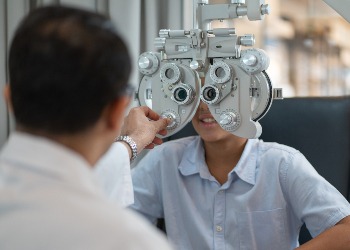What is Intravitreal Injection?
If you’re looking for Intravitreal Injection Treatment in Patiala, you’ve come to the right place. We specializes in advanced Intravitreal Injection Services, offering precise and effective treatment for retinal disorders. Whether you’re dealing with age-related macular degeneration (AMD), diabetic retinopathy, retinal vein occlusion (RVO), or macular edema, our expert retina specialists provide personalized care to protect and restore your vision.
Why Choose Intravitreal Injection Treatment?
An Intravitreal Injection is a minimally invasive procedure where medication is delivered directly into the vitreous cavity of the eye. This targeted approach ensures maximum effectiveness with minimal systemic side effects. At our Best Retina Hospital in Patiala, we use the latest techniques and FDA-approved medications to provide safe and efficient Intravitreal Injection Services.
Key Benefits of Intravitreal Injection Treatment in Patiala
Effective Management of Retinal Diseases – Conditions like AMD, diabetic retinopathy, and macular edema can lead to vision loss if left untreated. Intravitreal Injection helps slow disease progression and, in many cases, improves vision.
Anti-VEGF Therapy – Many retinal conditions involve abnormal blood vessel growth. Anti-VEGF medications, delivered via Intravitreal Injection, block this growth, preventing further damage to the retina.
Reduced Inflammation & Swelling – For patients with retinal inflammation or edema, Intravitreal Injection delivers steroids or other anti-inflammatory drugs directly to the affected area, providing quick relief.
Quick & Minimally Invasive Procedure – Unlike surgical treatments, Intravitreal Injection is performed in an outpatient setting, with minimal discomfort and a short recovery time.
Personalized Treatment Plans – At our Best Retina Hospital in Patiala, each patient receives a customized treatment plan, including follow-up care to monitor progress and adjust therapy as needed.
What to Expect During an Intravitreal Injection Procedure
At our clinic, we ensure a comfortable and safe experience for every patient undergoing Intravitreal Injection Treatment in Patiala. The procedure involves:
Numbing the Eye – A local anesthetic is applied to minimize discomfort.
Sterile Preparation – The eye is cleaned to prevent infection.
Precise Injection – A fine needle delivers the medication into the vitreous cavity.
Post-Procedure Care – You may experience mild blurriness or irritation, but this usually resolves quickly.
Post-Treatment Care & Follow-Up
After receiving Intravitreal Injection Services, our specialists will guide you on proper aftercare, including:
Using prescribed eye drops to prevent infection.
Avoiding strenuous activities for a short period.
Scheduling follow-up visits to assess treatment effectiveness.
Is Intravitreal Injection Right for You?
If you’re experiencing symptoms like blurred vision, dark spots, or vision distortion, consult our retina experts at the Best Retina Hospital in Patiala. We will evaluate your condition and determine if Intravitreal Injection Treatment in Patiala is the best solution for you.
Conclusion
Early intervention can make a significant difference in preserving your vision. Book a consultation today and take the first step toward healthier eyes!
For more information on Intravitreal Injection Treatment in Patiala, contact us now!
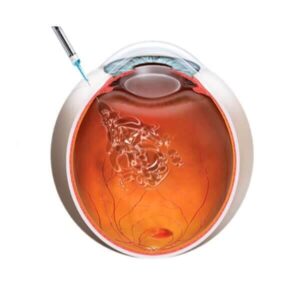
What we Serve
Our Services

Diabetic Retinopathy
Diabetic retinopathy is a serious condition that affects the eyes of individuals with diabetes. Our team specializes in managing diabetic retinopathy through advanced diagnostic techniques and personalized treatment plans aimed at preserving vision and preventing further damage.
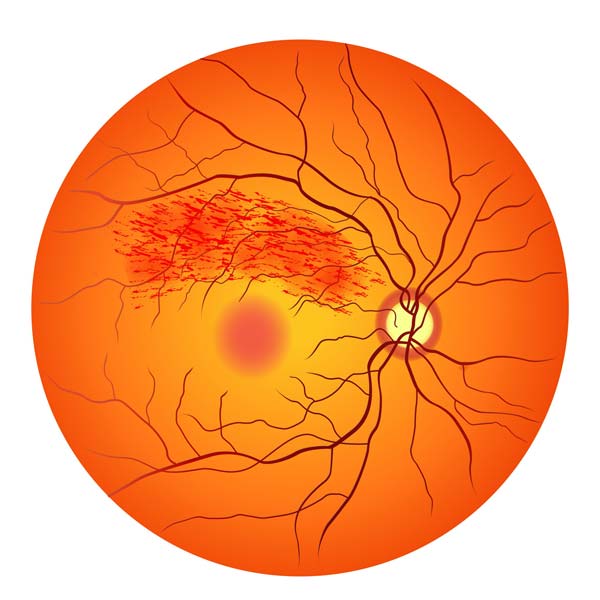
Retinal Vein Occlusion
Retinal vein occlusion (RVO) is a blockage in the small blood vessels that carry blood away from the retina. Our experts offer comprehensive care for RVO, including accurate diagnosis, treatment, and ongoing management to minimize vision loss and preserve eye health.
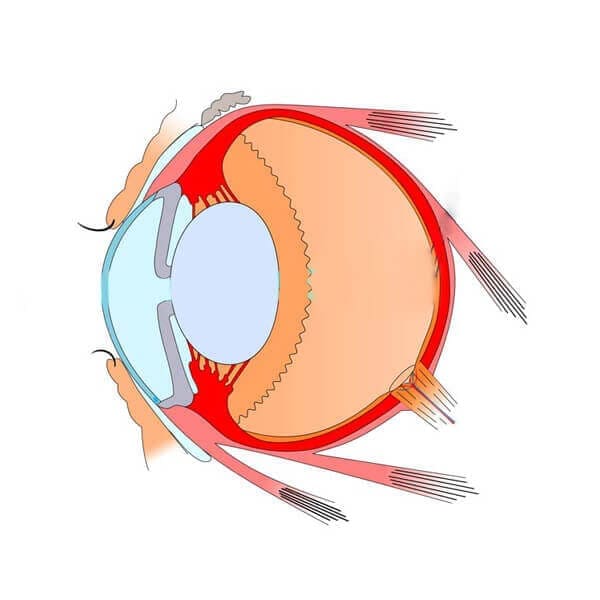
Age-Related Macular Degeneration (AMD)
Age-Related Macular Degeneration (AMD) is a common eye condition and a leading cause of vision loss among people aged 50 and older. It causes damage to the macula, the small central area of the retina that controls visual acuity.
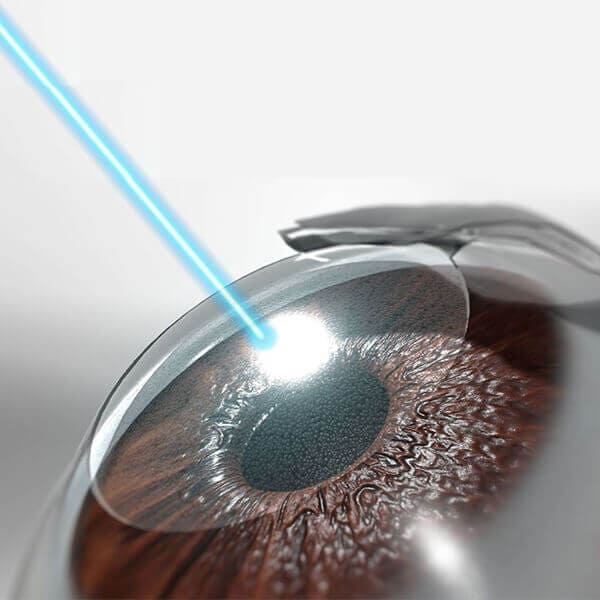
Green Laser For Diabetic Retinopathy
Green laser treatment is an effective option for managing diabetic retinopathy, helping to reduce swelling and leakage in the retina. Learn more about our green laser therapy for diabetic retinopathy and how it can benefit you.
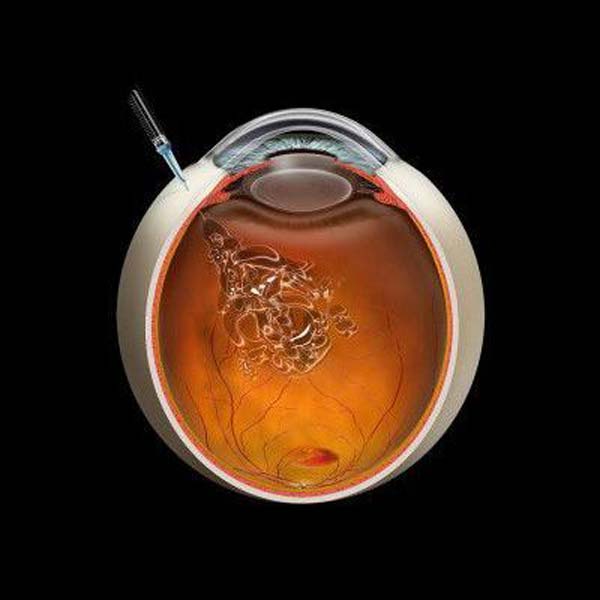
Intravitreal Injection
Intravitreal injections deliver medication directly into the vitreous cavity of the eye, targeting various retinal conditions such as macular degeneration and diabetic retinopathy. Discover how our intravitreal injection therapy can help improve your eye health.

